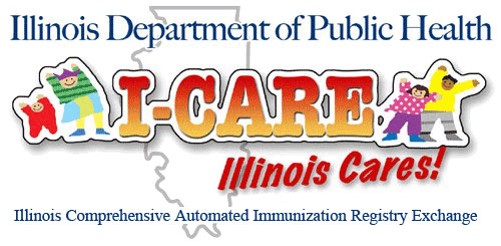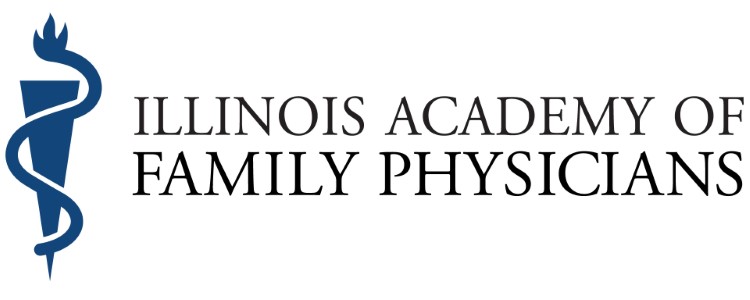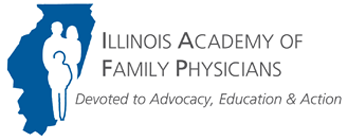|
In This Issue...
Vaccine Hesitancy
Online Resources
IAFP Online Education
IAFP is pleased to offer online immunization education modules. Visit cme.iafp.com to sign up for a free account and earn your CME today. Additional modules will be available soon, so be sure to keep an eye out for the most up-to-date presentations!
|
Vaccine Hesitancy: Why are Patients Concerned and How to Work to Dispel Myths and Create a Dialogue
Both patient-based and provider-based barriers to immunizations can thwart efforts to immunize patients. Patient-based barriers include lack of knowledge and/or belief about vaccine efficacy, safety concerns, lack of recommendation/discussion from provider, and reimbursement or insurance concerns. Additionally, parents may have concerns about safety when it comes to vaccinating their children. Provider-based barriers include several factors, such as uncertainty about a patient's vaccination status, lack of standing orders regarding vaccinations, lack of office-based systems of procedures to promote vaccination, limited time allotted for a visit, and concerns about vaccine efficacy in immunocompromised patients.
First and foremost, providers should promote a vaccine-positive message which highlights the importance of being vaccinated while assuring the recipient (or parent) that the recommended vaccine is beneficial. Additionally, providers should assure patients that vaccines are both safe and well-studied. Serious adverse effects are very rare, and there is no causal association between the MMR vaccine and autism (which has been a cause of vaccine hesitancy in parents since the late 1990s). The FDA only licenses vaccines if they have been proven to be safe, effective, and that the benefits outweigh the risks. Vaccine safety monitoring continues and long-term safety is continuously assessed.
Establishing a successful dialogue involves a two-way conversation, with both sides sharing information and asking questions. The provider should take time to listen, solicit and welcome questions, not be offended/not offend, tailor the balance of scientific and anecdotal information, acknowledge both risks and benefits, respect the parent's authority, and reduce stress. Sometimes a parent or patient may express doubt or worry about a vaccination. In these cases, the questions and concerns should be documented after the visit, as a thorough record of the discussion will be an invaluable reference during any future visits. If extreme doubt or worry is expressed, a phone call or email a few days after the visit will both provide comfort and establish trust.
Online Resources
IDPH Resources
CDC Resources
|








